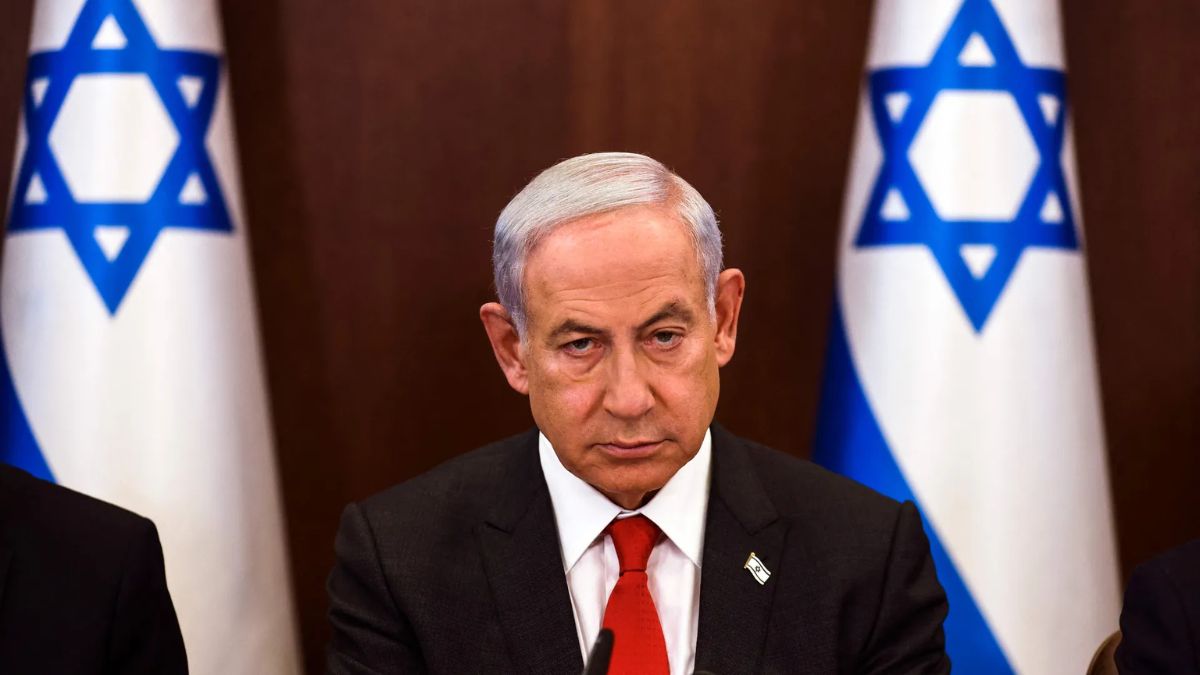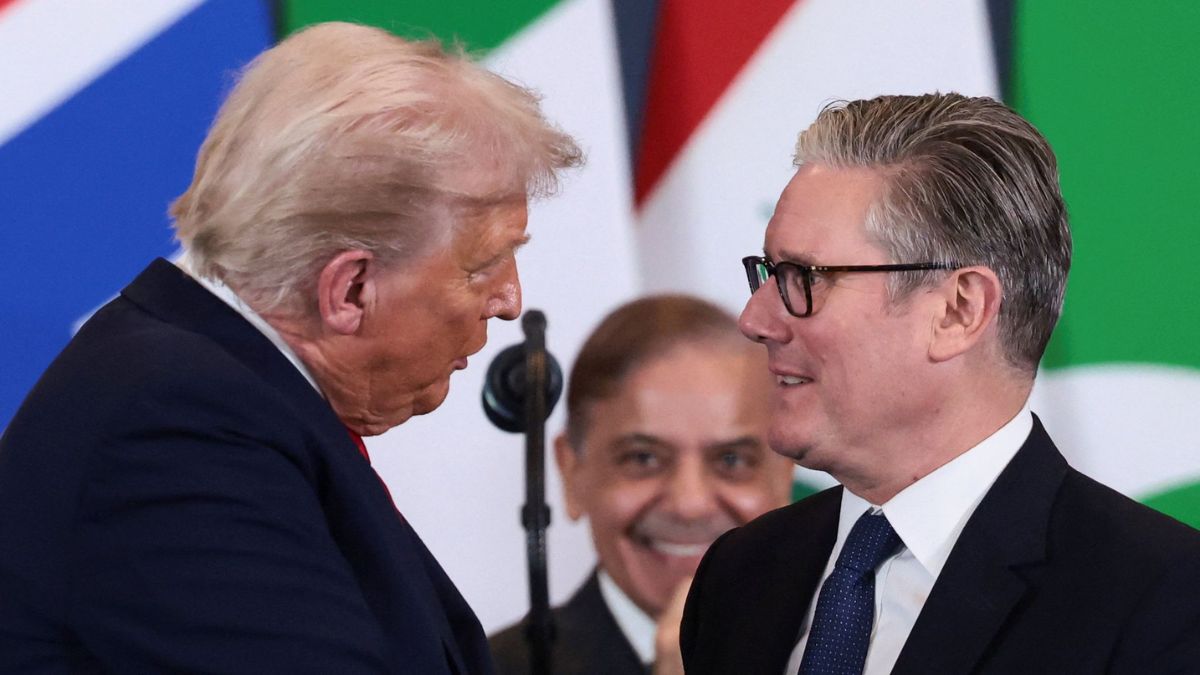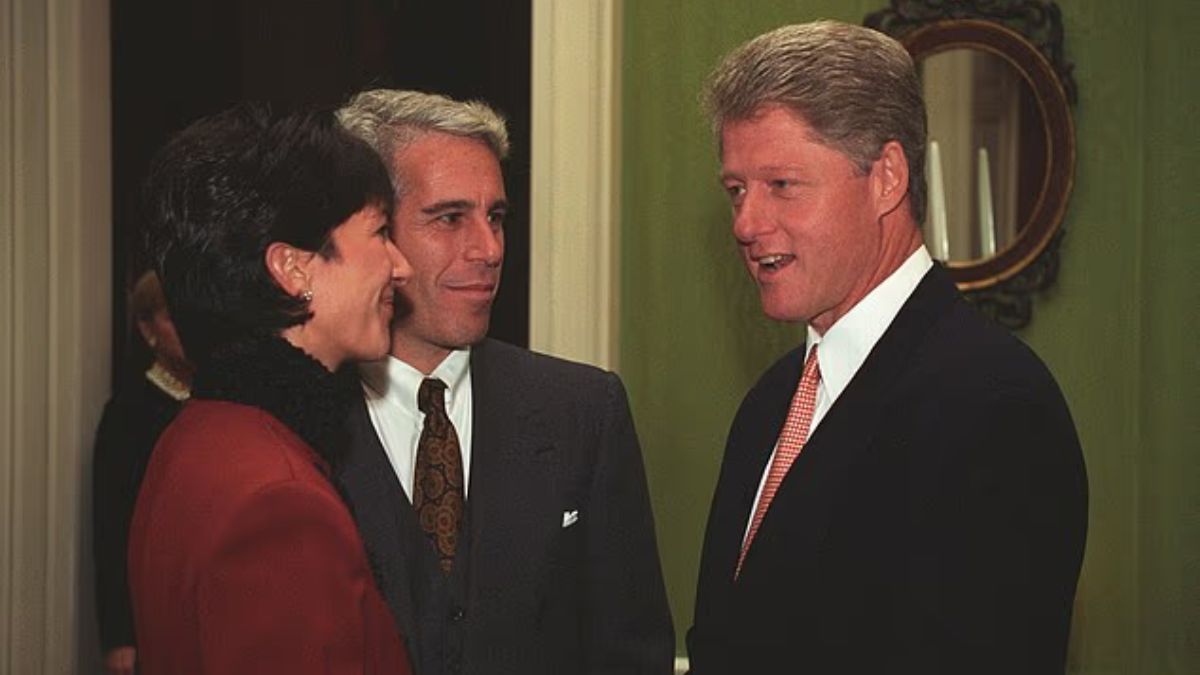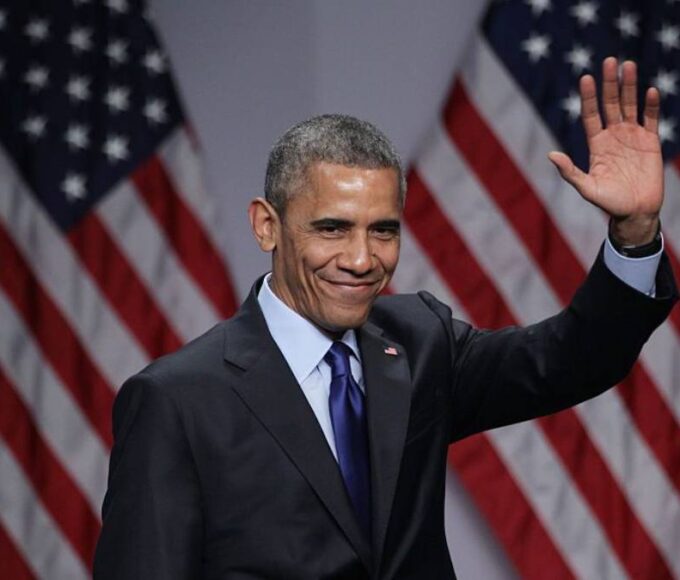Israel has launched air strikes on Tehran after accusing Iran of breaking the ceasefire with missile attacks. Israeli Defense Minister Israel Katz ordered “intense strikes” on Iranian targets in response to what he called Iran’s ceasefire violation.
Israeli Claims and Response
Israeli officials say Iran fired multiple missile attacks after the ceasefire began, causing deaths and injuries in southern Israel. The city of Beersheba was reportedly hit, resulting in casualties.
In response, Israeli forces conducted air strikes targeting Iranian military sites in Tehran. The strikes hit missile launch sites, storage facilities, and airbases. Israel says these attacks aim to damage Iran’s military capabilities.
Defense Minister Katz ordered the Israeli military to respond “forcefully” to what he described as Iran’s ceasefire violation.
Iran Denies the Accusations
Iranian officials deny firing any missiles after the ceasefire took effect. They call Israel’s claims false.
Iran’s Foreign Minister Abbas Araghchi said there was no formal ceasefire agreement yet. He stated that Iran would stop attacks only if Israel stopped its military operations by a specific deadline.
Araghchi emphasized that Iranian forces continued their operations until the last moment before the ceasefire was supposed to begin.
High Tensions Continue
The Israeli military remains on high alert. Israeli Prime Minister Benjamin Netanyahu accepted the U.S.-brokered ceasefire but warned that Israel would respond decisively to any violations.
The Israeli army’s Chief of Staff ordered troops to stay ready for a powerful response to any further attacks.
Current Situation
Both countries disagree about what happened after the ceasefire was announced. Israel claims Iran attacked first and violated the truce. Iran denies this and says it will only stop fighting if Israel stops first.
The situation remains dangerous despite the declared ceasefire, with both sides conducting military operations and threatening more strikes.











